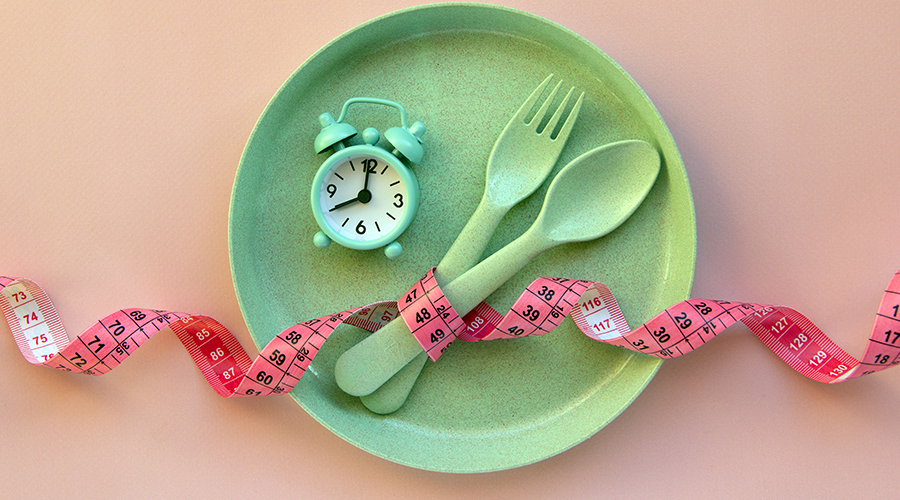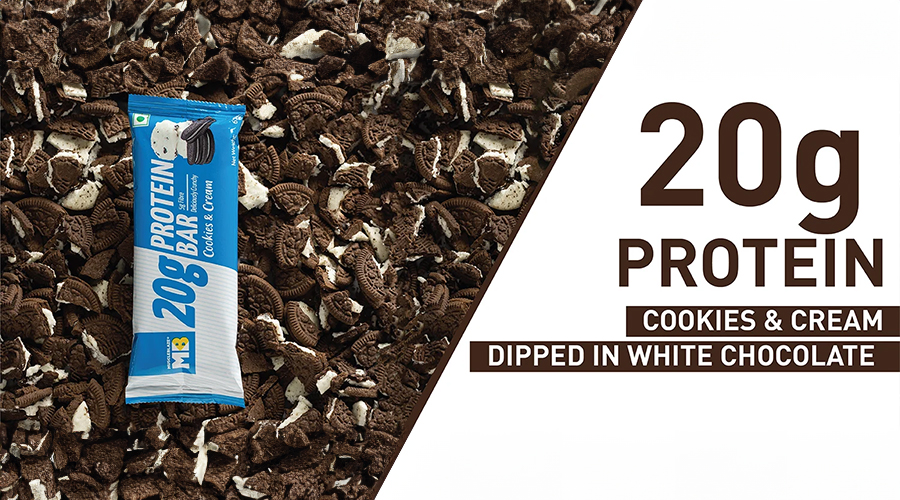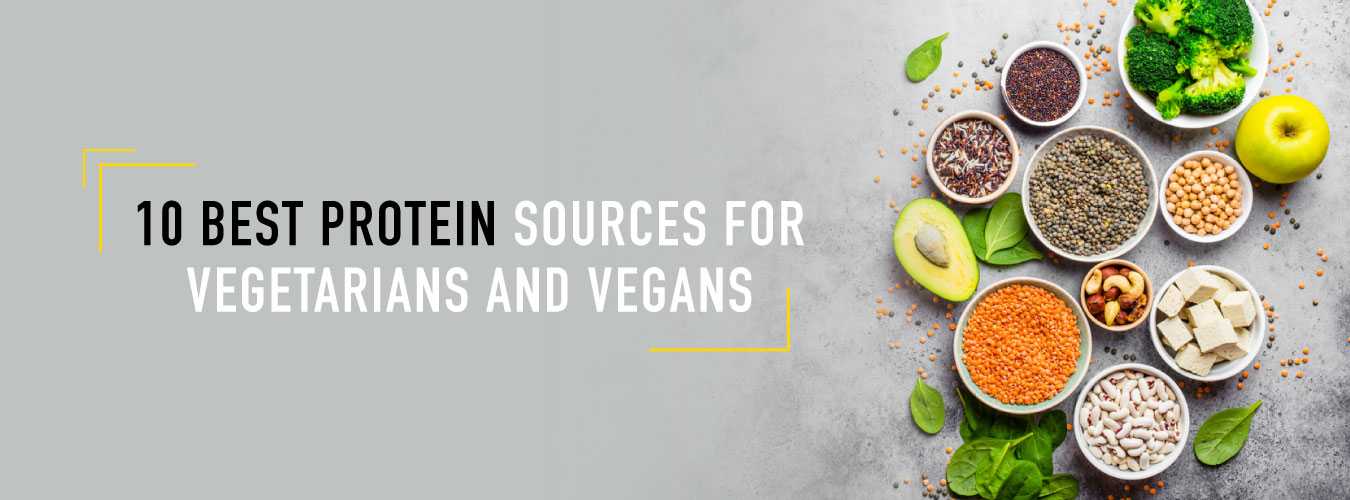Intermittent Fasting: Is It Right for You? If So, How to Do It Safely?
10 September 2024
Dear Ziddis, have you also felt disappointed with all the results you get related to your weight loss even after putting in so much effort? Have you started to consider fad diets and starving yourself? Well, there are more scientific ways to do this. Intermittent fasting (IF) has many people praising its simplicity and effectiveness. It’s not just another fad diet but a scientific and structured approach to dieting. Here you focus on eating that alternates between periods of fasting and eating. But before you jump on the IF bandwagon, let’s figure out if this is a thing for you.
What is Intermittent Fasting (IF)?
IF is just a more structured and timely alternative to eating patterns. You wouldn’t need to give up on food but maintain a window where you don’t eat anything. Unlike the usual diets which focus on what you eat, IF focuses on when you eat and when you don’t.
The basic idea behind this is to give your body some time to digest your food, process it and get all the nutrients to turn into energy and use up that energy. During your non-eating or fasting window, your insulin levels drop and that helps the body maintain a window to use up the fat stores for energy instead of relying on the insulin spikes.
There are Several Popular IF Methods:
- 16:8 method: Fast for 16 hours and eat during an 8-hour window.
- 5:2 method: Eat normally for five days a week and limit calorie intake to 500-600 calories for two days.
- Eat-Stop-Eat: Fast for a full 24 hours once or twice a week.
None except the first seems like the most logical and feasible option. You can try for yourself and figure out what suits you the best. But we would like to advise you to consult a doctor before trying such a strict diet plan.
Benefits of Intermittent Fasting
Intermittent fasting isn’t for everyone. It depends on your personal health goals and lifestyle. A lot of times we end up following that pattern due to our busy lifestyle. Here are a few signs that IF might be worth trying:
- You prefer a structured eating schedule
- You want to discipline your eating habits
- You indulge in mindless snacking
- You easily give in to cravings and want to change it
- You want to boost your metabolism
- You want to lose weight in a short period.
The benefits of IF can exceed just you wanting to change your eating habits or physique.
- You experience healthy fat loss
- Better blood sugar regulation
- Better insulin resistance
- Mindful lifestyle
- Reduced inflammation
Intermittent Fasting Plan
While the main focus is on when you eat, what you eat also plays an important role. If you feel you could fast for 16 hours and down a chocolate cake all by yourself then you have gotten it all wrong. The plate before you at the end of your fasting window should be well balanced with carbs, fibres, loads of protein and a healthy fast. You’ll want to fuel up with nutrient-rich foods to maintain energy levels and support overall health.

What to Eat During Eating Windows:
- Whole grains, fruits, and vegetables for fibre and minerals.
- Lean protein whether chicken or pulses and paneer.
- Healthy fats like avocado, nuts or ghee
- Try Fit Foods, enriched with nutrition that lasts for a very long time and helps you stay satiated. You can order these via MuscleBlaze for better assurance and quality.
Please try to avoid mindless snacking during the eating window because this could make all your efforts go to waste. Instead, have a very filling nutrient-rich meal that will support your health goals.
Intermittent Fasting for Weight Loss
One of the most popular reasons people try intermittent fasting is for weight loss.
- By restricting your eating time, you force your body to use up fat reserves for energy and that helps burn more fat.
- By not eating continuously, you end up consuming a lot less calories
- Eventually, you also have good control over your appetite
- This helps you avoid processed food for snacking
- Your insulin resistance stops being a hindrance to your weight loss.
Intermittent Fasting for Women
- Women are often more attracted to the concept of IF. IF has many benefits for women.
- The fasting window helps hormonal balance
- PCOS caused by insulin resistance can get better.
- In a busy lifestyle, you get to structure your appetite and eating patterns.
Please note that it is advised that women who are pregnant, breastfeeding, or trying to conceive should avoid intermittent fasting due to their increased nutritional needs.

Intermittent Fasting Schedule for Women
You can ease into your IF plan if you follow the following tips
- Start small with the 16/8 rule. Fast for 16 hours and eat during an 8-hour window.
- Drinking water, herbal teas, and black coffee (without added sugar) can help curb hunger during fasting periods and also improve your metabolism. Try adding some electrolytes to avoid getting dehydrated. You can try MuscleBlaze Hydr8 for this purpose.
- Time your meals wisely
- If you feel weak, dizzy, or fatigued, adjust your fasting plan.
Takeaway
Intermittent fasting is a flexible and potentially effective approach to weight loss, improved blood sugar control, and overall metabolic health. However, it’s not a one-size-fits-all solution, and listening to your body is essential. If you decide to try IF, ensure that you stay hydrated, incorporate during fasting periods and focus on high-protein snacks during your eating windows. Remember, intermittent fasting should complement your lifestyle, not dominate it. Before starting, consult with a healthcare professional, especially if you have any underlying medical conditions or specific health concerns.









 100% Safe & Secure payments:
100% Safe & Secure payments:




